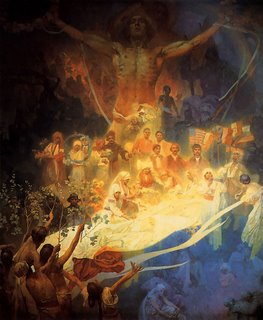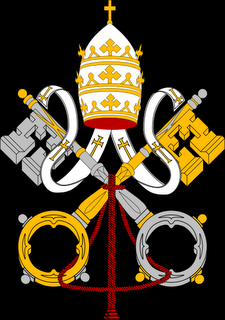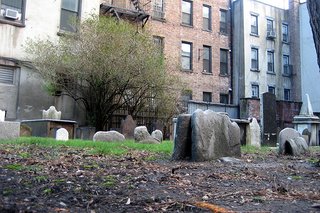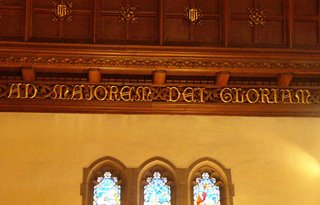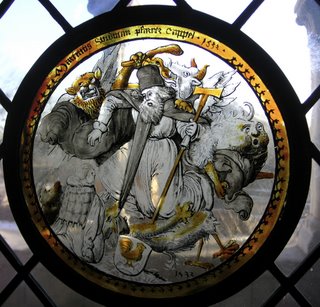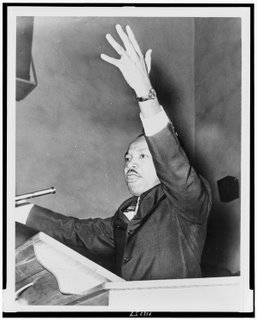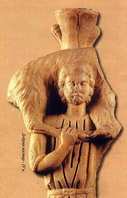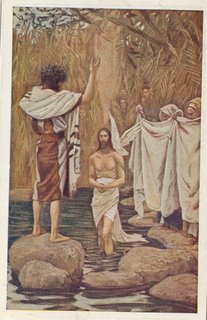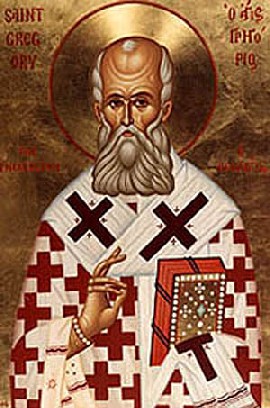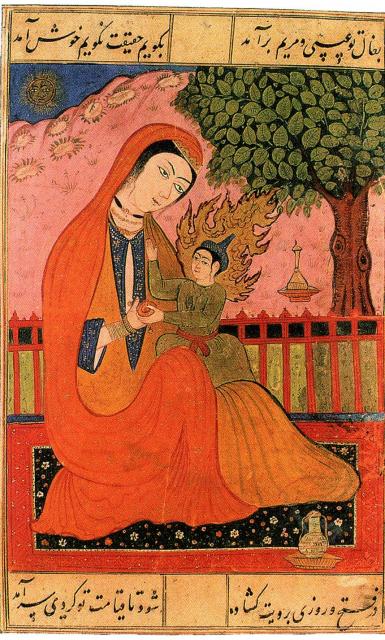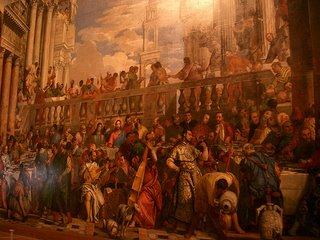
2d Sunday C (14 Jan 2007)
Is 62. 1-5; Ps 96; 1Co 12. 4-11; Jn 2. 1-11Homily of Fr. Paul Panaretos, S.J.
Relationship In the First PlaceEpiphany manifested Jesus as Savior and King of all nations. His Baptism manifested him as God’s beloved son. We commence the Sundays of the Year with Jesus manifesting himself and his divine power by the first miracle John’s gospel remembers at the wedding at Cana.
We know the story well. Do we notice its significant ending?
Jesus did this as the beginning of his signs at Cana in Galilee and so revealed his glory, and his disciples began to believe in him. Two things important for believers.
First, Jesus did not reveal all his glory by turning water into wine. That full revelation happened when Jesus died on the cross, lifting up all things to himself. Second, and even more significant for us believers is the disciples’ reaction: they
began to believe in him.
If that was all Jesus did, it would have been enough because they believed in him. Jesus attracted them, indeed invited them, but attraction is not the same as trusting belief. This relationship of trusting belief God had spoken through Isaiah, likening the reformed people of Israel as God’s own
Delight and
Espoused.
Spousal ties have always been sacred avenues to deepen a relationship between spouses. Attraction gives way to intimate mutual knowledge.
The spousal metaphor helps us appreciate believing-faith. In making one life together, spouses give themselves to each other. Similarly, the
Catechism of the Catholic Church reminds us that “Faith is first of all personal adherence...to God. At the same time, it is a free assent to the whole truth God has revealed” in Christ and continues to reveal in each of us. /1/
The significance for the disciples was that by believing they entrusted themselves to Jesus. Likewise for us. We can evaluate our own faith life by considering how we entrust ourselves to Jesus, our risen Lord, present to us by his spirit.
Evaluating personal relationship with Jesus, indeed making it the foundation of praying, may be the significant contribution of St. Ignatius of Loyola. Personal relationship with Jesus is the reason I entered the Jesuits. Personal relationship with Jesus shapes everyone’s vocation, whatever that vocation may be, that is, God’s desire for each of us from creation.
St. Ignatius offered an uncomplicated method which yields definite results when we engage the method regularly. It consists of quieting oneself in the presence of the Trinity; then becoming aware of the graces the Trinity lavished on us since the last time we set aside this 10-15 minutes. We allow a graced event or a word or image from scripture to capture and to focus our imaginations and our hearts on Jesus. Focused we consider ways we avoided living his gospel and express sorrow; and we consider ways we lived his gospel, and we express our gratitude to Jesus. We resolve to live more gospel-oriented, more Jesus-focused lives.
This method does help us entrust ourselves to Jesus. You’ve noticed in the six months I’ve been with you, I end each Sunday homily with an adaptation of this Ignatian style of praying. My reason is because it does help us entrust ourselves to Jesus, to deepen our relationship with him, his Father and their Spirit.
I’ve created a blog,
Spiritual Exercise of the Week, to help you move through my adaptation based on the Sunday scriptures of Ignatius’ favored way of praying. I’m not working alone. In three weeks people of Gesu and St. Dominic Parishes will have an opportunity to pray with St. Ignatius both using his favored method I’ve described and encourage each week and to enter in a retreat in daily life with weekly gatherings on nine Tuesdays. You have already received a letter from Father Snow; some of you have already responded, Yes.
Praying, in Pope Benedict’s recent words, is a “commitment that arises from baptism [which] consists...in ‘listening’ to Jesus [so that] each one of us can aspire to holiness, a goal...the Second Vatican Council reminded, constitutes the vocation of all the baptized."/2/
In your 10 minutes each day this week give yourself to Jesus. Ask for the grace to entrust yourself and your life to Jesus with greater confidence. To believe in this relational way is to surrender to him in order that he will do everything for you./3/ Speak to Jesus as one friend to another, giving your allegiance, indeed yourself, to him. Praise him for his fidelity to you. Ask him to make you more generous in responding to his ongoing manifestation to you. Close your time by slowly saying the
Lord’s Prayer. Jesus’ own words begin, continue and sustain his ongoing revelation to us, helping us to grow more alert to it and to him each day.
________________
1.
CCC p. 150
2. Angelus, for Feast of the Baptism of the Lord, St Peter's Square, Sunday, 7 January 2007.
3. The first antiphon on Tuesday of the Office of Readings, Week II, is
Surrender to God, and he will do everything for you. Belief is faithful trust above all.
Photo uploaded by edwin 11_79 at flickr.com, under
this license.

